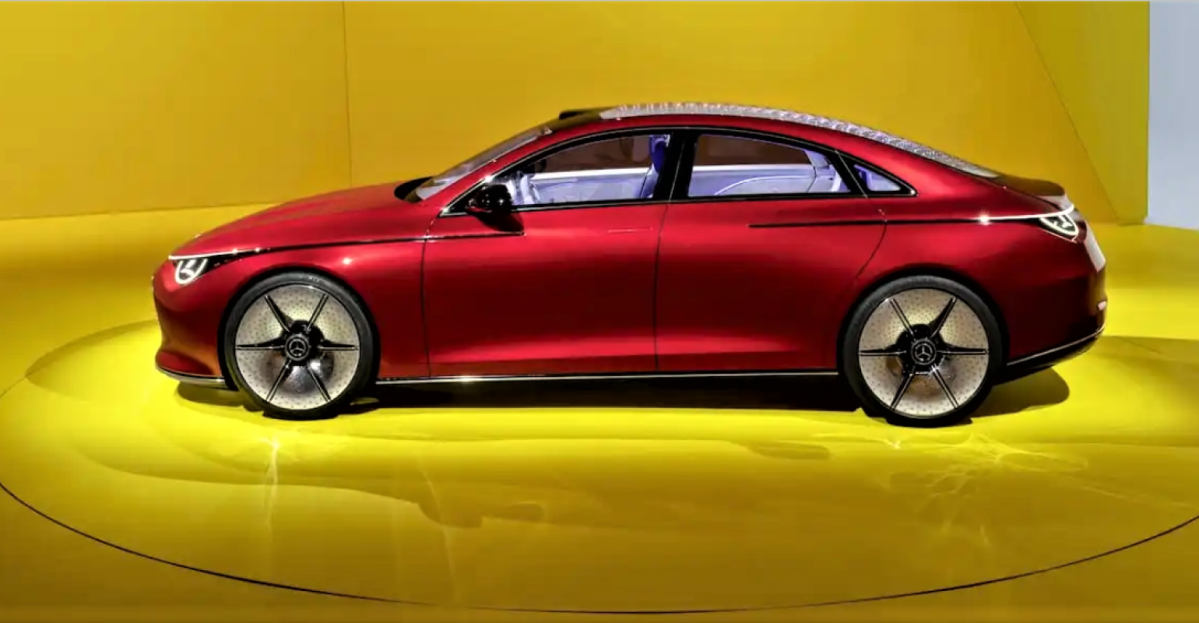The Consumer Electronic Show (CES) 2024 showcased groundbreaking automotive innovations, including AI-infused vehicles and electric flying cars.
Artificial Intelligence Comes to Your Car
Leading the charge in AI integration, Mercedes-Benz revealed its next-generation AI virtual assistant software, MB.OS. This advanced system offers conversational voice commands and nuanced responses, adapting to the driver's mood and behavior. For instance, it can discern whether a driver is stressed or relaxed, adjusting its interactions accordingly. This innovation is set to debut in the electric-powered CLA sedan.
Volkswagen, another industry titan, announced plans to integrate ChatGPT into its vehicles, enhancing voice interaction capabilities. This feature will elevate the existing voice command system, enabling seamless responses in Volkswagen’s unique style. The timeframe for this technology's release in the U.S. remains undisclosed.
Honda’s Bold EV Vision
Honda, traditionally known for reliability and efficiency, showcased its Saloon concept vehicle. This eye-catching design is part of Honda's 0 Series EV lineup, featuring a wedge-shaped body and upward-swinging doors. Scheduled for a 2026 debut, the Saloon hints at advanced EV technology, including a more efficient battery pack, though some design elements like the glowing grille and gullwing doors may not make it to the final product.
Electric Flying Cars: No Longer Sci-Fi
The realm of science fiction seemed to merge with reality as CES unveiled electric flying cars. Chinese automaker XPeng introduced the eVTOL Flying Car, a unique blend of a supercar and helicopter, entirely electric-powered. Unlike traditional flying cars, it uses electrically powered fans for lift and can theoretically take off and land anywhere, suggesting a new solution to urban gridlock.
Supernal, an offshoot of Hyundai, presented the Supernal S-A2, an electric helicopter-like vehicle with a modest range of 25-40 miles, ideal for short-range aerial commutes. With Hyundai's backing, this concept could become a production reality by 2028, although challenges like regulatory approval and pricing remain unresolved.
CES 2024 has set the stage for a future where cars are more than just means of transport; they are intelligent, responsive and, in some cases, capable of taking to the skies.













